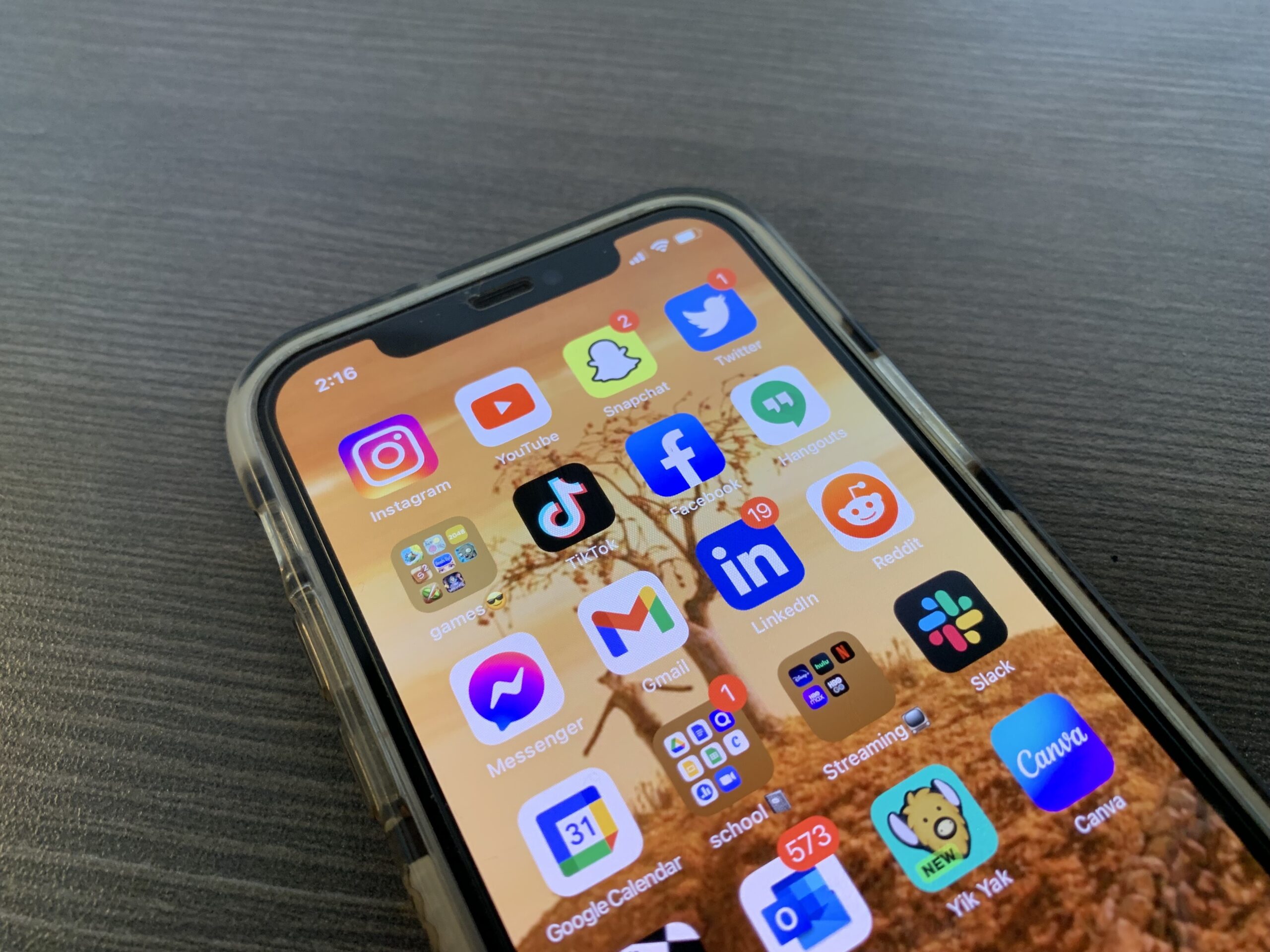A study conducted by UNC researchers found a habitual checking of social media can impact brain development in adolescents.
The study looked at a group of middle schoolers from public schools in North Carolina. Researchers found the more time they spent on social media, the more sensitive their brains became to getting social feedback from their peers.
Kara Fox is a UNC doctoral student in psychology. She is one of the co-authors of the study, which was published in the Journal of the American Medical Association Pediatrics in early January. She said the study was longitudinal, meaning researchers studied the children over time — specifically, three years.
“We followed about 200 kids who filled out a survey indicating how much they checked social media, and then they also did a brain scan every year,” Fox said.
The study tracked student traffic to three different platforms: Facebook, Instagram and Snapchat.
Fox said the yearly MRI scan allowed researchers to look at different parts of the children’s brain.
“They completed tasks in the scanner to elicit activation in certain areas in social processing,” Fox said.
Fox said children who checked these social media sites more than 15 times a day, whom she called “habitual checkers,” started out as less sensitive to social feedback and became more sensitive over time. Meanwhile, she said children who were moderate to low checkers of social media started out as higher in sensitivity and decreased over time.
“So what the study shows us is that different media behaviors are associated with different trajectories of brain development,” Fox said. “It’s sort of a foundation for a future study, because we don’t really know what that means yet. All we can say is media behaviors are associated with changes in brain development to at least brain development.”
Adolescents are wired to value social relationships and information above everything else, Fox said.
“A lot of really important tasks of development that are happening in adolescents are happening with peers helping out — identity, exploration, and development there,” Fox said. “It’s always been this way, and for kids that are growing up now, a lot of that is happening online.”
Fox said children interacting more online isn’t necessarily cause for concern. She noted it is too soon to conclude if the different trajectories of brain development will have a positive or negative impact.
Ultimately, the risk of using social media is dependent on each individual person, Fox said.
“This is something we’re trying to explore and identify so we can figure out what are some resilience factors, what are some risk factors and certain types of media activity’s interpretations and responses to social norms,” Fox said.
Fox said the study was a great first step to answer questions researchers held, but more answers are still needed.
“It confirms a little bit of what we expected already, which is that social media is related to different trajectories of brain development in kids,” Fox said. “I think it’s important that people are aware of that, but also we need to get more information about what that means so that we can give specific recommendations.”
In the meantime, Fox encourages people to reflect on their own habitual checking habits and urges parents to talk to their children about their media use.
“Kids love to talk about their media use,” Fox said. “They love to tell you about what they’re doing on there, and it’s good to have that open channel of communication so that one, parents can monitor what their kids are doing and two, talk with them — are you happy with your use? Does it align with your values? Are you using it for any kind of purpose?”
Chapelboro.com does not charge subscription fees, and you can directly support our efforts in local journalism here. Want more of what you see on Chapelboro? Let us bring free local news and community information to you by signing up for our biweekly newsletter.












